The Power of Music as a Form of Protest
Music has always been more than just entertainment—it’s a force for expression, a channel for social change, and a way to amplify voices that often go unheard. Across history, music has served as a rallying cry for justice, a challenge to the status quo, and a unifier of people worldwide. From the spirituals sung by enslaved African Americans to the civil rights anthems that drove social movements, music has consistently been at the heart of political and social change, inspiring action and forging solidarity.
Early Roots of Protest Music
Protest music’s roots run deep, beginning with the spirituals sung by enslaved African Americans in the United States. These songs were more than expressions of faith—they carried covert messages, offering hope, resistance, and a sense of unity in the face of oppression. Songs like “Swing Low, Sweet Chariot” and “Go Down, Moses” became powerful tools for communication and resilience, embodying the spirit of defiance against an unjust system.
As the 20th century unfolded, the rise of folk and blues set the stage for modern protest music. Artists like Woody Guthrie and Lead Belly began to use their music as a platform to speak out against labour exploitation and racial injustice. Guthrie’s “This Land Is Your Land” became an anthem of the working class, challenging notions of private ownership and pushing for a more just society.
The Civil Rights Movement
The civil rights movement of the 1950s and 1960s brought protest music into a new era. Songs were no longer just expressions of frustration—they became tools to mobilize communities and spread the message of equality. “We Shall Overcome” emerged as the unofficial anthem of the movement, its powerful lyrics echoing through rallies and marches, symbolising the collective fight for racial justice. Closely tied to Martin Luther King Jr.’s mission, the song became a beacon of hope and resilience.
During this time, artists like Bob Dylan, Joan Baez, and Nina Simone lent their voices to the movement. Dylan’s “Blowin’ in the Wind” and Simone’s “Mississippi Goddam” were direct calls to confront the racial injustices of the time. Their music resonated far beyond the African American community, helping to rally broader support for the civil rights cause.
The Vietnam War and Beyond
The Vietnam War era saw a surge in protest music as artists channelled their opposition to the conflict and the government’s actions. Songs like Barry McGuire’s “Eve of Destruction” and Country Joe McDonald’s “I-Feel-Like-I’m-Fixin’-to-Die Rag” captured the growing anti-war sentiment, urging people to question authority and demand change.
The 1970s and 1980s saw the emergence of punk rock and hip-hop—genres that took protest music to new heights. Bands like The Clash and groups like Public Enemy boldly addressed issues like police brutality, economic inequality, and political corruption, speaking directly to marginalized communities and igniting activism among their listeners.
Modern Protest Music
Protest music continues to evolve, adapting to the pressing social and political challenges of today. The Black Lives Matter movement, for instance, has inspired a new wave of protest songs that shine a light on systemic racism and police violence. Artists like Kendrick Lamar, Beyoncé, and Childish Gambino have used their platforms to amplify these issues and advocate for change.
Kendrick Lamar’s “Alright” became an anthem for the Black Lives Matter movement, with its message of resilience and hope resonating during protests. Beyoncé’s “Formation” and Childish Gambino’s “This Is America” directly confronted themes of racial injustice, sparking crucial conversations and raising awareness across generations.
Conclusion
Music has always been a powerful form of protest, capable of crossing boundaries and uniting people in the pursuit of justice. From the spirituals of enslaved people to civil rights anthems and today’s protest songs, music has been at the forefront of social movements, giving voice to the oppressed and inspiring global change. As long as there are injustices to confront, music will remain a powerful tool for protest and a source of hope for a better, fairer world.

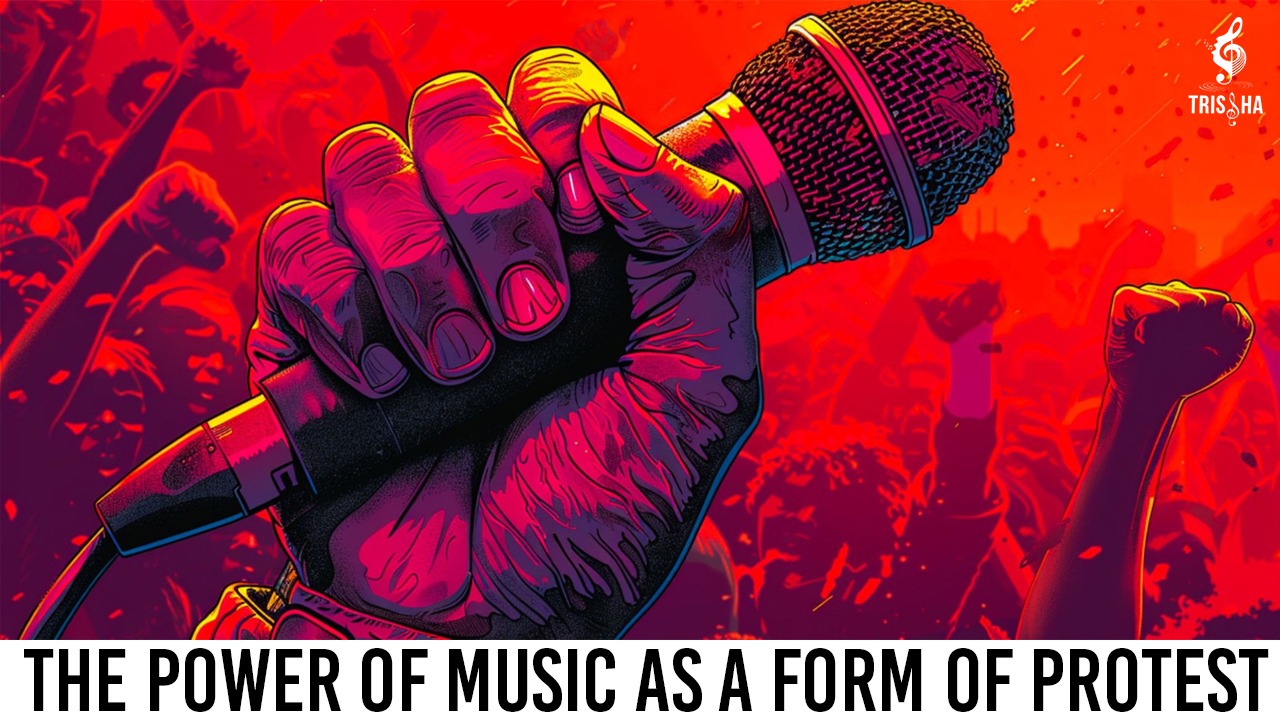
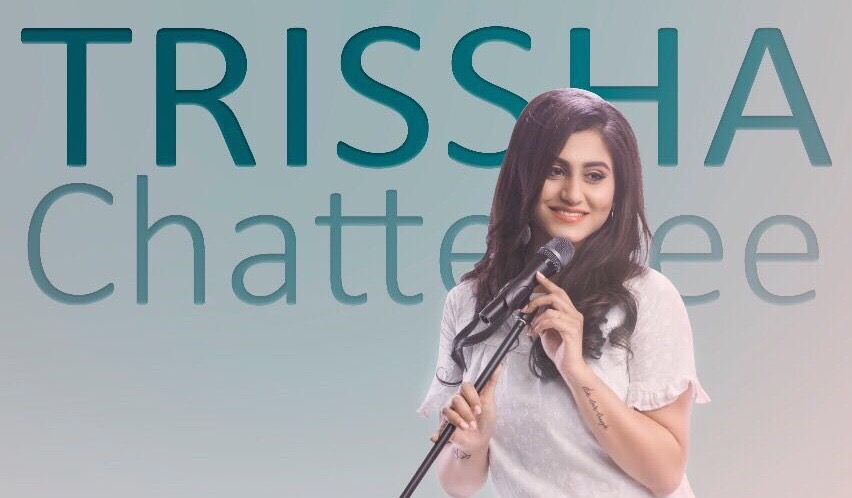

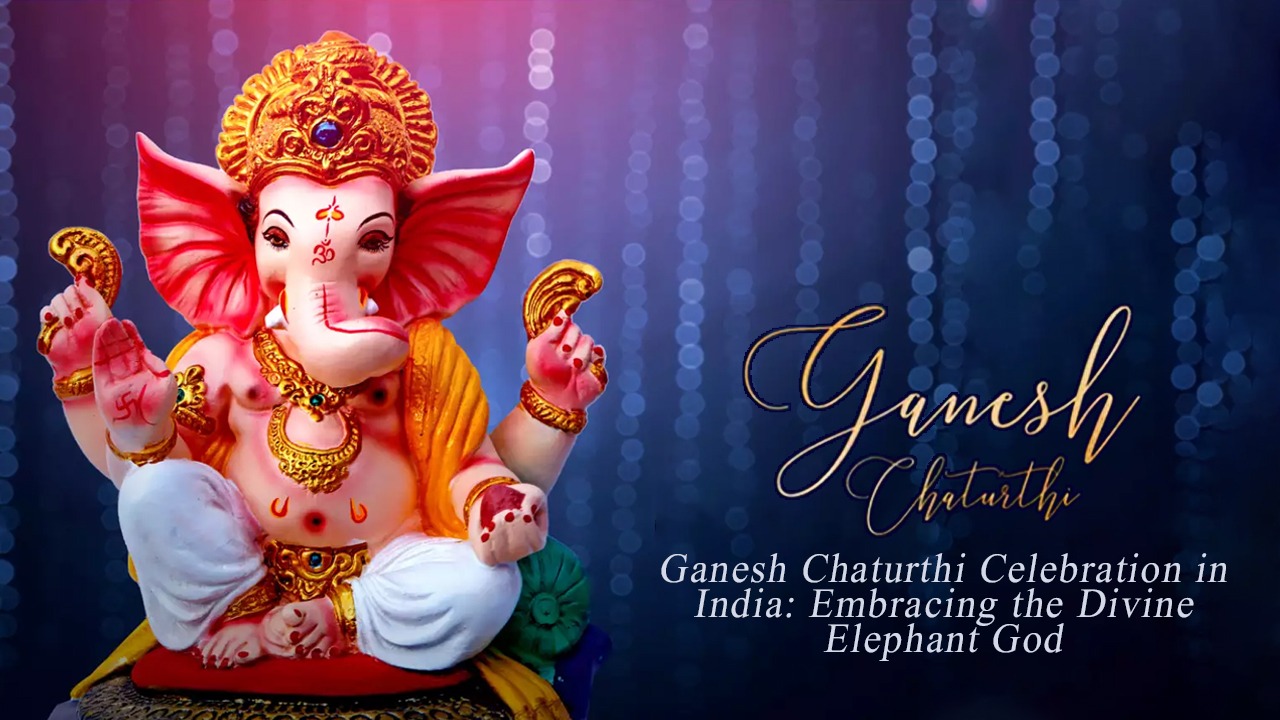
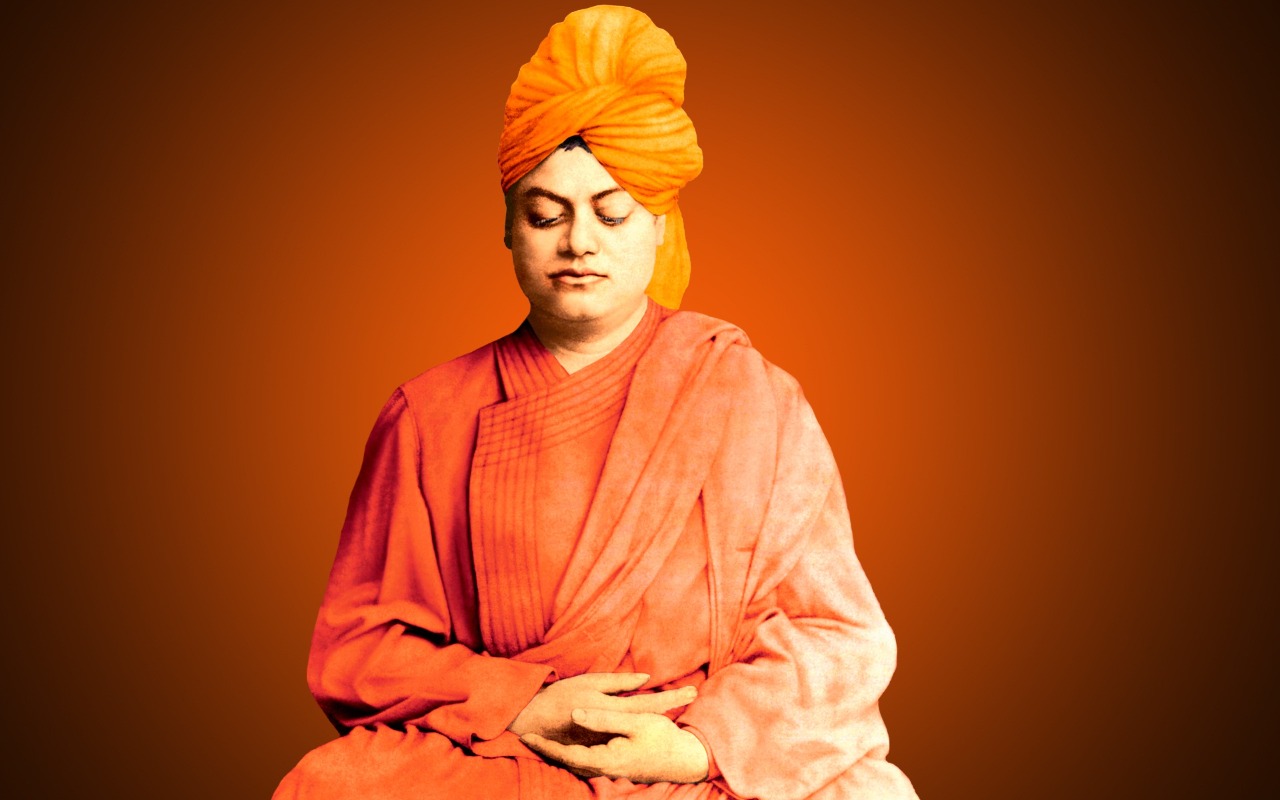
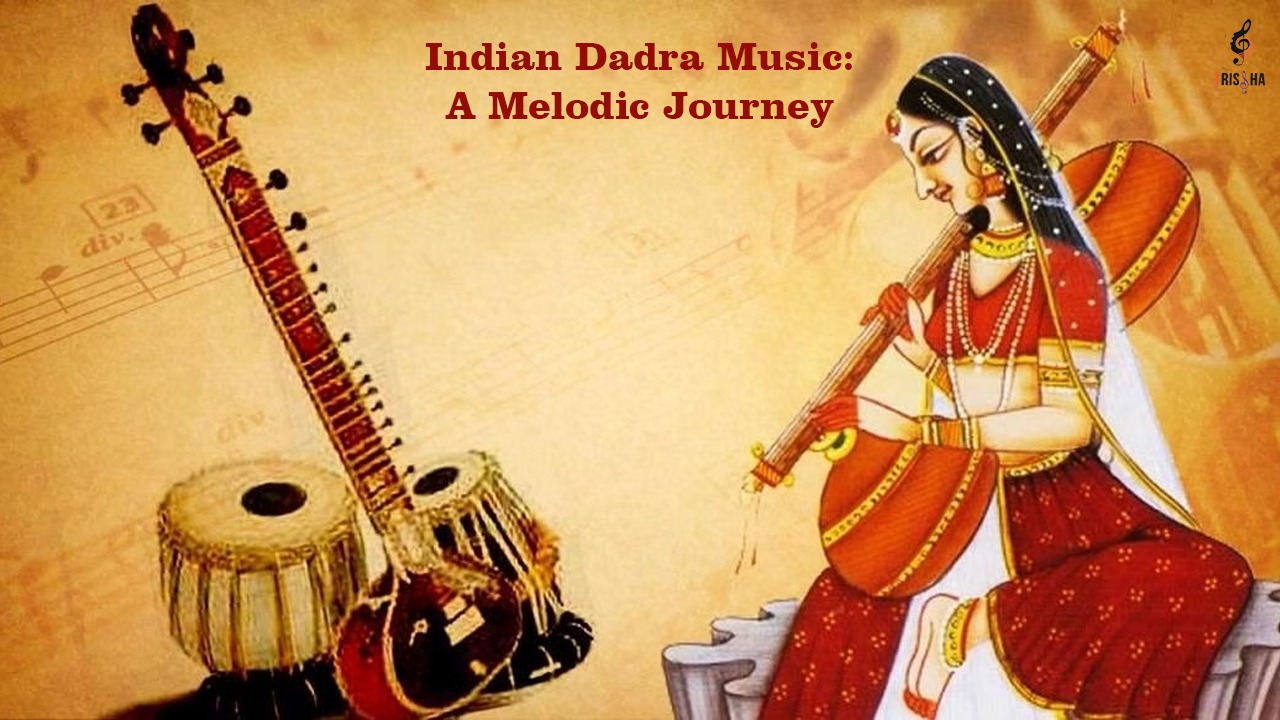
There are no comments